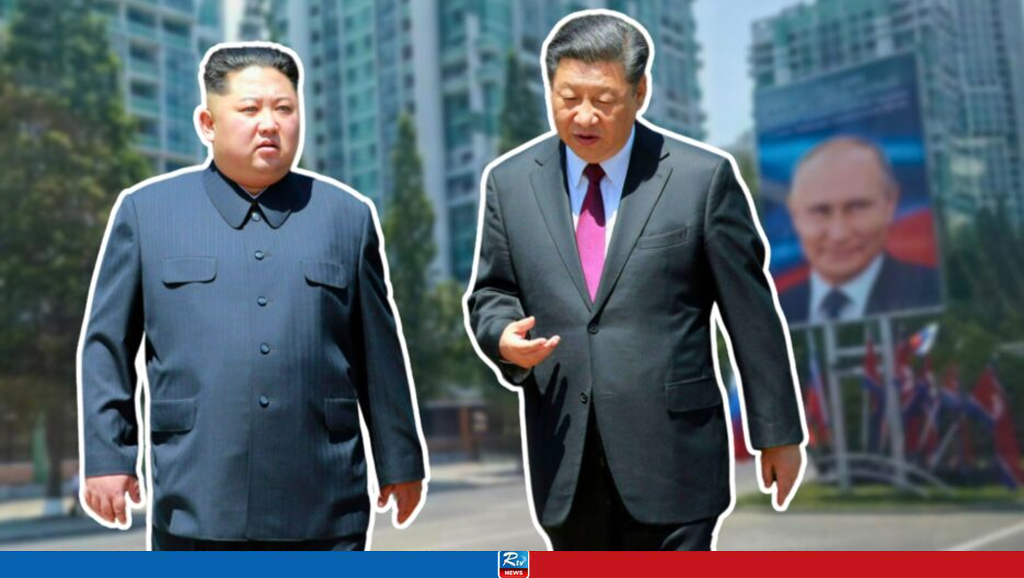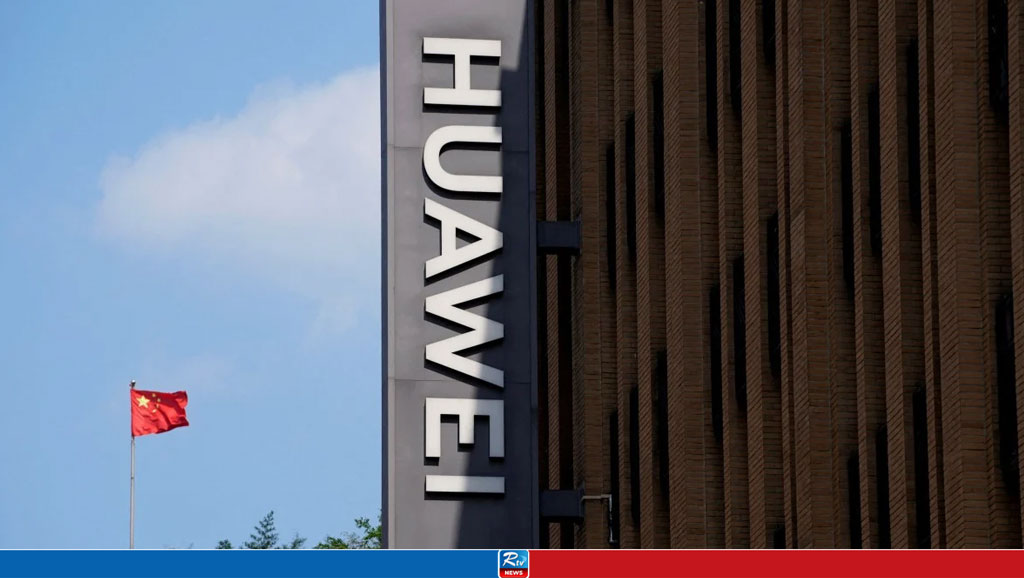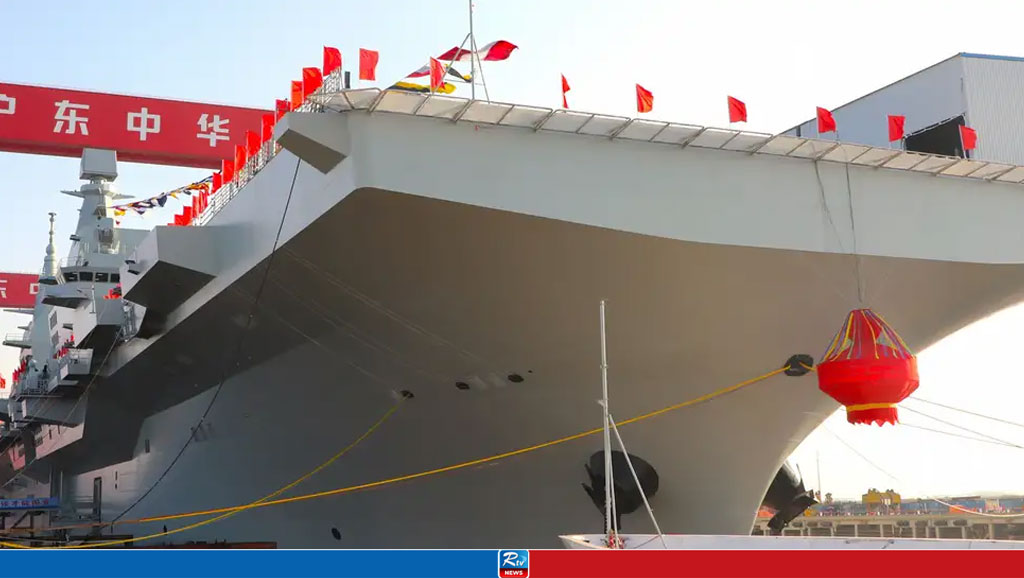Strained Ties:
North Korea’s Shifting Relations with China after 75 Years of Diplomacy

Despite 75 years of diplomatic relations, Pyongyang’s trust in Beijing appears to be fading. North Korea, once closely connected and dependent on China, now finds it increasingly difficult to maintain good relations.
“Their bilateral relations over the past decades were marked by ups and downs. Most of the time, they were not on good terms,” said Choo Jae-woo, a professor of China Studies at Kyung Hee University. “Interestingly, however, their strained ties have managed to be restored each time. Given this dynamic, it would be a mistake to interpret current events as a predictor of the future of their relations.”
According to Koreatimes.co.kr, North Korean leader Kim Jong-un does not trust China as his late father Kim Jong-il did. In a list of dos and don’ts for his successor and youngest son, Kim Jong-un, written back in 2011, Kim Jong-il clearly advised against trusting China. He cautioned that China was not dependable, blaming it for causing some of North Korea’s most difficult times. This information was shared by North Korean defector Lee Yoon-geol, who claimed to have obtained the details from multiple sources within North Korea who had access to Kim Jong-il’s will.
The late Kim Jong-il was not the only North Korean leader to harbor deep-seated suspicions about China. His father, Kim Il-sung, the founder of North Korea, was also critical of China. This distrust has been passed down to the current leader, Kim Jong-un. This history confirms how North Korean leadership has long viewed China with suspicion.
A former North Korean official, speaking at the Asia Society in October 2017, mentioned that Kim Jong-un harshly criticized Chinese leader Xi Jinping after Xi’s visit to South Korea in 2014 for a summit with then-President Park Geun-hye.
North Korea holds certain grudges against China. For instance, it expressed dissatisfaction with China’s plan to establish 191 telecom facilities capable of broadcasting FM signals, including 17 stations near the North Korean border. In an email to the International Telecommunication Union (ITU), North Korea complained that China had not consulted it beforehand. However, the ITU dismissed the complaint, stating that registering FM stations with the ITU or bringing them into service does not require prior agreement among countries. North Korea was particularly concerned that the stations could lead to an influx of outside information into the country.
Despite entering their 75th year of bilateral relations, experts note that Pyongyang still harbors reservations about Beijing. North Korea’s nuclear tests and missile launches loom over its relationship with China, which has advocated for the resumption of the Six-Party Talks, aimed at denuclearizing the Korean Peninsula. Pyongyang’s diplomatic push with the United States and South Korea in 2018 and 2019 temporarily improved relations between Kim and Chinese President Xi Jinping.
However, North Korea grew particularly upset with China over issues related to denuclearization. Its condemnation of a joint statement by South Korea, Japan, and China during their first trilateral summit since 2019 was seen as a rare rebuke against China. The statement mentioned the denuclearization of the Korean Peninsula, which clearly displeased Pyongyang. In fact, North Korea deliberately embarrassed China shortly before the inaugural Belt and Road Forum in Beijing in May 2017 by conducting a missile launch near the Chinese border. Since then, regional dynamics have shifted significantly.
After hitting their lowest point in decades in 2017, China-North Korea relations began to improve following the first meeting between Xi Jinping and Kim Jong-un in March 2018. Despite five subsequent meetings, their relationship has not fully recovered. It is still far from the once-close relationship, famously described by Mao Zedong as being “as close as lips and teeth.”
During the pandemic, North Korea closed all its borders and halted practically all trade, even with its largest trading partner, China. North Korea has also ramped up its aggressive rhetoric and missile test activities, raising concerns internationally. In April 2024, China sent its third-highest-ranking official, Zhao Leji, along with a delegation, to visit North Korea. This visit took place amid growing concerns over North Korea’s increasing aggression. Given these developments, it is difficult to envision North Korea changing its perception of China, even as they mark the 75th anniversary of their diplomatic relations.
(Source: The Singapore Post)
Comments
Tens of Thousands Join Student-led Protests in Serbia

Guam arrests 7 Chinese nationals who tried to illegally enter US military site during missile test

US Plans to Blacklist Company That Ordered TSMC Chip Found in Huawei Processor

8 Bangladeshi Die in Mediterranean Sea

Azerbaijan Airlines Plane Crashes Near Kazakhstan's Aktau Airport

At Least 40 Killed in Kazakhstan Plane Crash, Report Says

China Launches New Generation Assault Ship 'Sichuan'


 Live Tv
Live Tv

